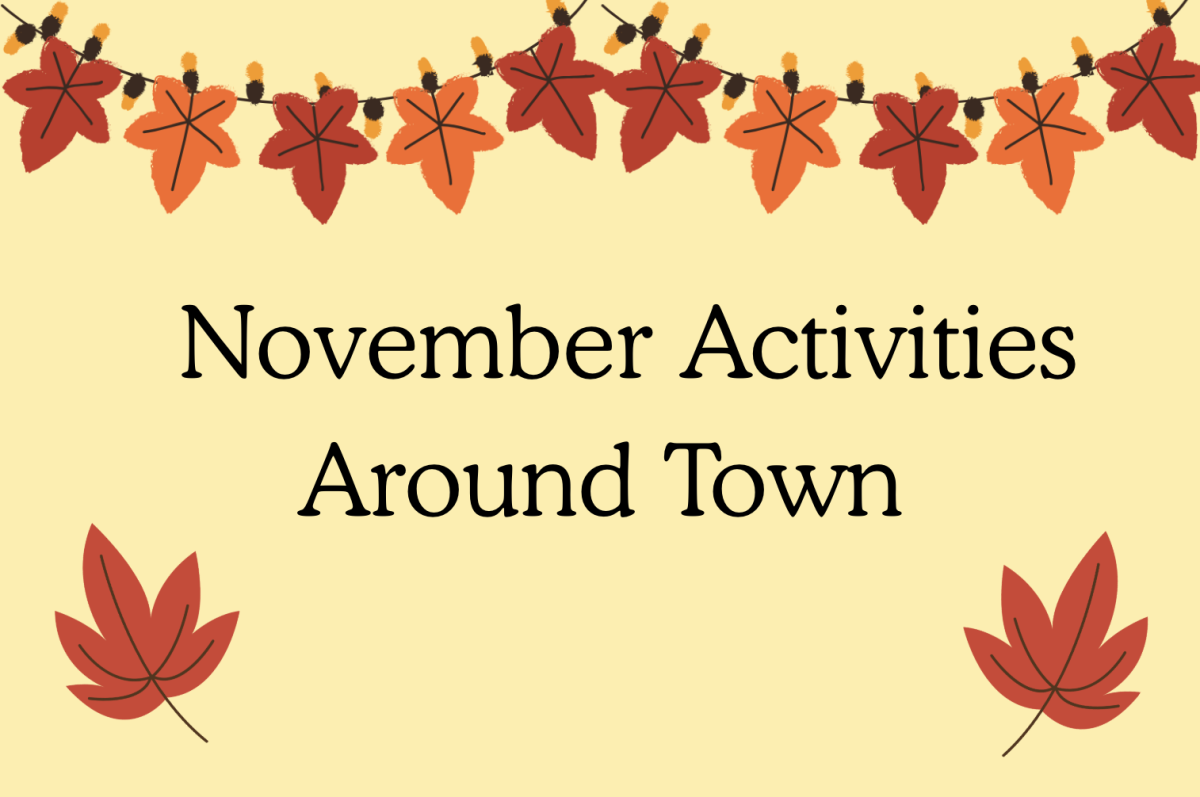
Try not to cram and don’t procrastinate:
If you have a test first block on Tuesday, don’t start studying at 12 a.m. and stay up until Monday. Get your sleep the night before and start studying at least a week in advance.
Make a study schedule and be organized:
It’s easier to get studying done when you know what, when and for how long you’re going to study. Make a schedule that’s easy to stick to and not too far of a reach for you set realistic goals for yourself. Also, make a midterm binder, separating each subject with a tab. Fill each section with any study materials you’ll need for each subject, so this way, you’ll have everything you need in one place.
Join a study group and make a study guide:
Studying in groups can be easier for some people and make the process more sociable and fun! Collaborate with the people in your class to create a class study guide for the test on Google Docs. Putting your heads together can also remind you of material you may have forgotten.
Study in an appropriate environment and avoid distractions:
Don’t study in a place that will distract you, like on the couch or in front of the television. Study somewhere you can focus, like at your desk, where it’s well lit and quiet. Maybe listen to classical music — it helps!
Reward yourself:
When you’re done studying for a certain subject or have completed your studying for the day, reward yourself! Take a bath, eat some dessert, watch some Netflix. Whatever calms you down from a long day of school and studying works.
Take breaks:
Don’t spend long stretches of time studying and fixing your eyes on a computer screen. Get out of your chair every 20 minutes to half hour and walk around, stretch, read a book, get a drink, talk to your family or eat. Don’t go on electronics or watch TV, otherwise you’ll get distracted and studying will be a lot harder.
Set a time limit for each subject:
A time limit will allow you to study for an appropriate amount of time, so you won’t give up five minutes in or overextend yourself by studying for hours and hours.
Meet with your teachers:
If you struggle with a certain topic or subject material, go to your teacher and ask for help. You’ll regret it when the question comes up on the exam!
Eat well, exercise and sleep:
Keep yourself energized and your brain sharp by eating balanced, healthy meals and exercising. Also, make sure to get at least 8 or more hours of sleep every night. Staying up late studying doesn’t help; it just makes you more tired for the exams to come. But if you do find yourself up at 1 a.m. the day of exam, make sure to eat a good breakfast and get some coffee before heading over!
Remain calm and don’t stress:
Remember that midterms are just a small part of your high school career and that your final grade can be improved if you don’t do as well as you would like. Take a deep breath before your exam, and try your best!





































